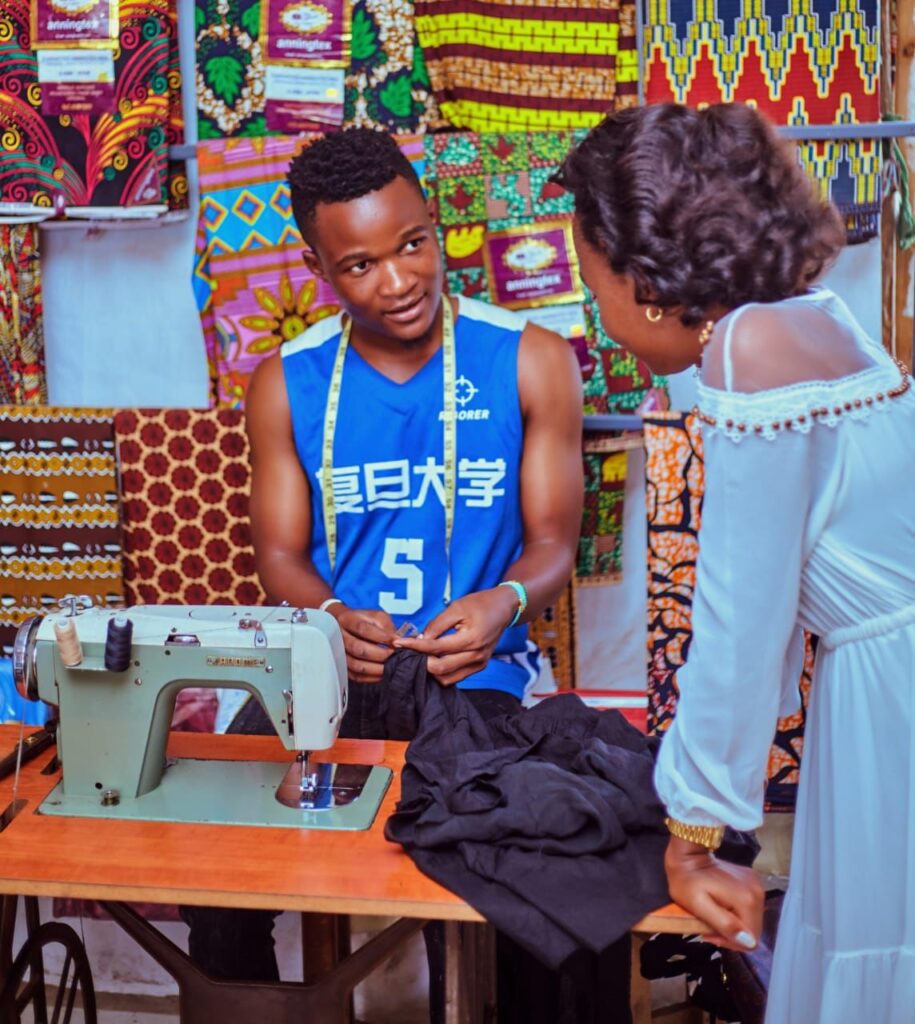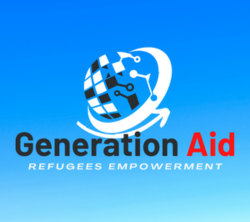GAID’s QuickBiz Program is dedicated to equipping refugee youths with the necessary entrepreneurial and business skills to thrive in the developing world. The program offers a variety of resources, including Small Business Training, Digital Entrepreneurship Skills, Business Coaching, and help search for Startup Grants. These tools are designed to help individuals build their businesses from the ground up, develop digital marketing strategies & skills, and access vital funding to turn their ideas into reality.
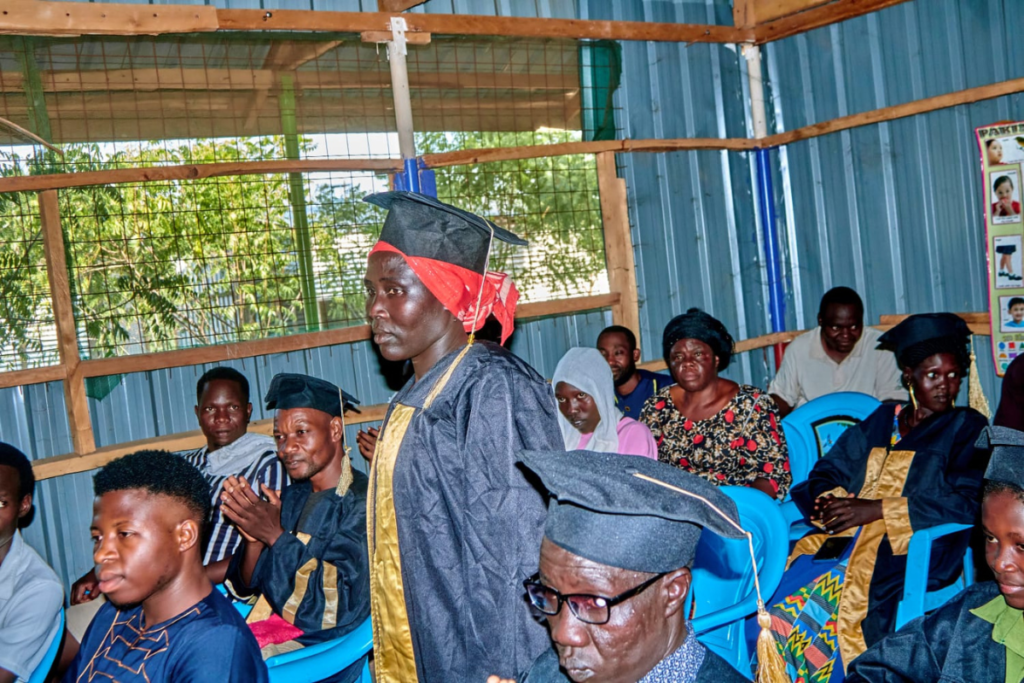
One of the biggest challenges refugees face is the lack of formal employment opportunities due to movement restrictions and limited access to traditional job markets. To bridge this gap, Generation Aid runs a Digital Entrepreneurship & E-Commerce Training Program, equipping refugees with online business and freelancing skills.
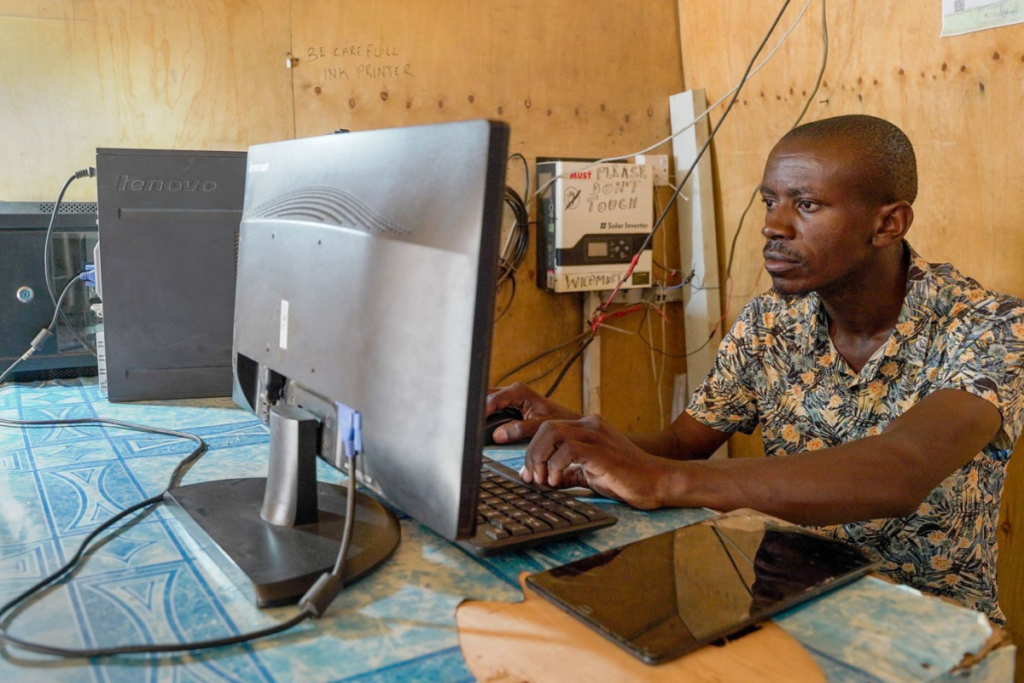
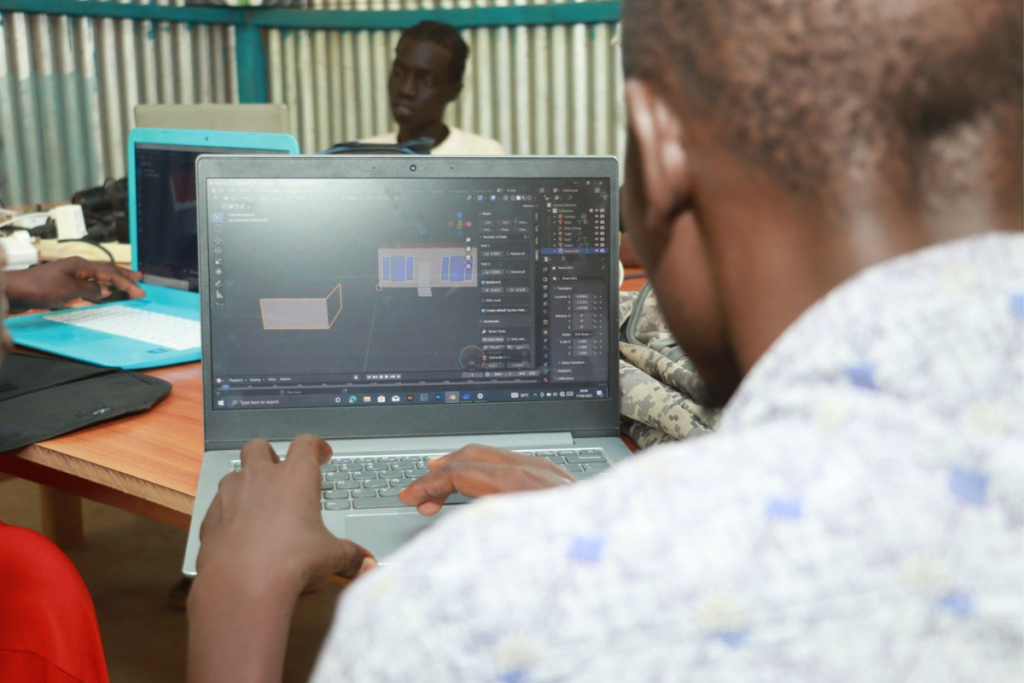
Through this program, participants receive hands-on training in freelancing, e-commerce, a small business coaching program, and digital marketing. They learn how to offer services such as graphic design, content writing, virtual assistance, and programming on global freelance platforms. Additionally, they are introduced to e-commerce strategies, including dropshipping, print-on-demand, and selling handmade goods on platforms like Amazon and others.
By the end of the training, participants are equipped with the skills and tools needed to start and grow online businesses, allowing them to earn sustainable incomes and achieve financial independence, regardless of the restrictions placed on refugees in the camp.
Another key aspect of the program is social media marketing and branding, where entrepreneurs learn how to leverage platforms like Facebook, Instagram, LinkedIn, and TikTok to promote their products and services. To ensure long-term success, the program also covers business management, digital payments (mobile money, PayPal), and financial literacy.
Many refugees in Kakuma come from rich cultural backgrounds with strong artistic traditions in beading, weaving, tailoring, and wood carving. However, limited market access prevents them from turning these skills into sustainable businesses. To address this, Generation Aid established the Refugee Artisan & Handicraft Cooperative, a platform that supports refugee artisans in producing and selling their handmade products to both local and international markets.
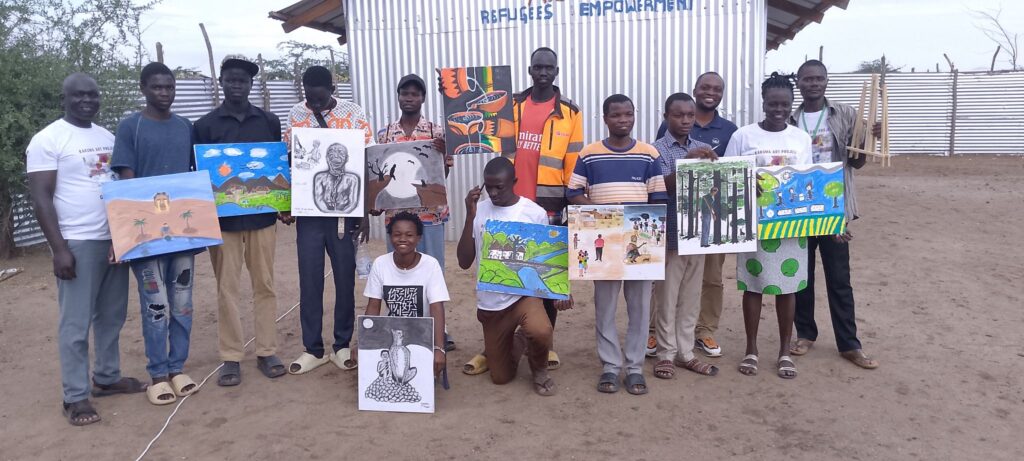
This initiative provides specialized training in various handicrafts, helping artisans improve product quality, develop unique designs, and scale their production. It also connects them with buyers, NGOs, and online marketplaces where they can showcase and sell their work. Through storytelling and branding workshops, artisans learn how to share their journey and cultural heritage, making their products more valuable in global markets.
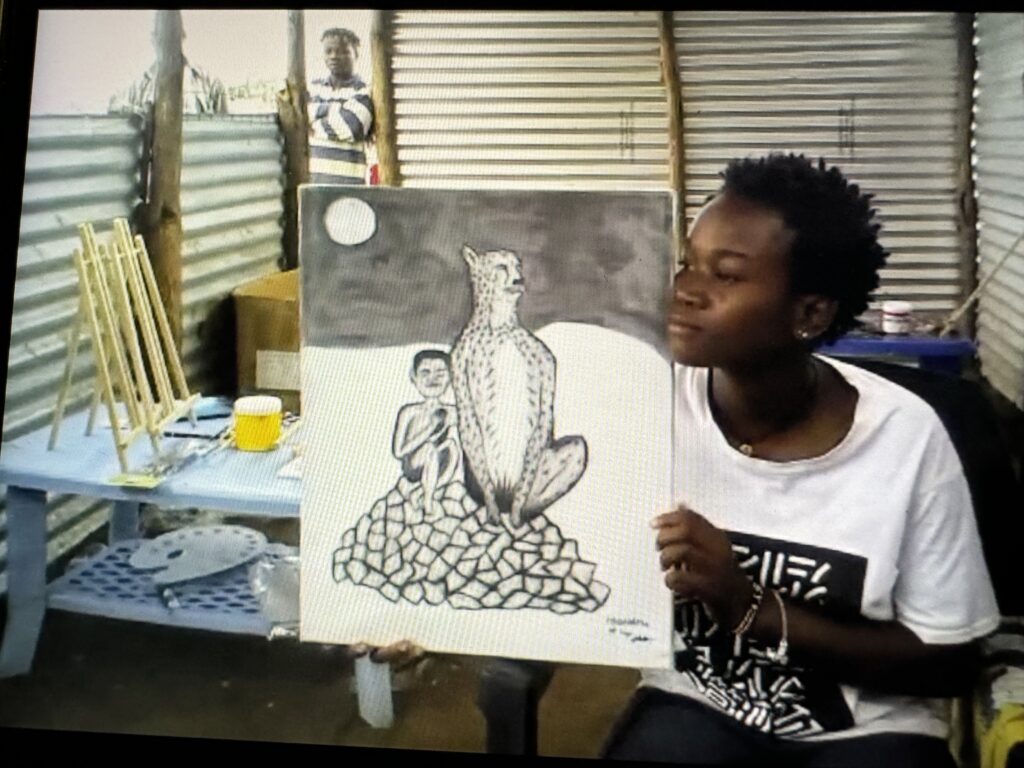
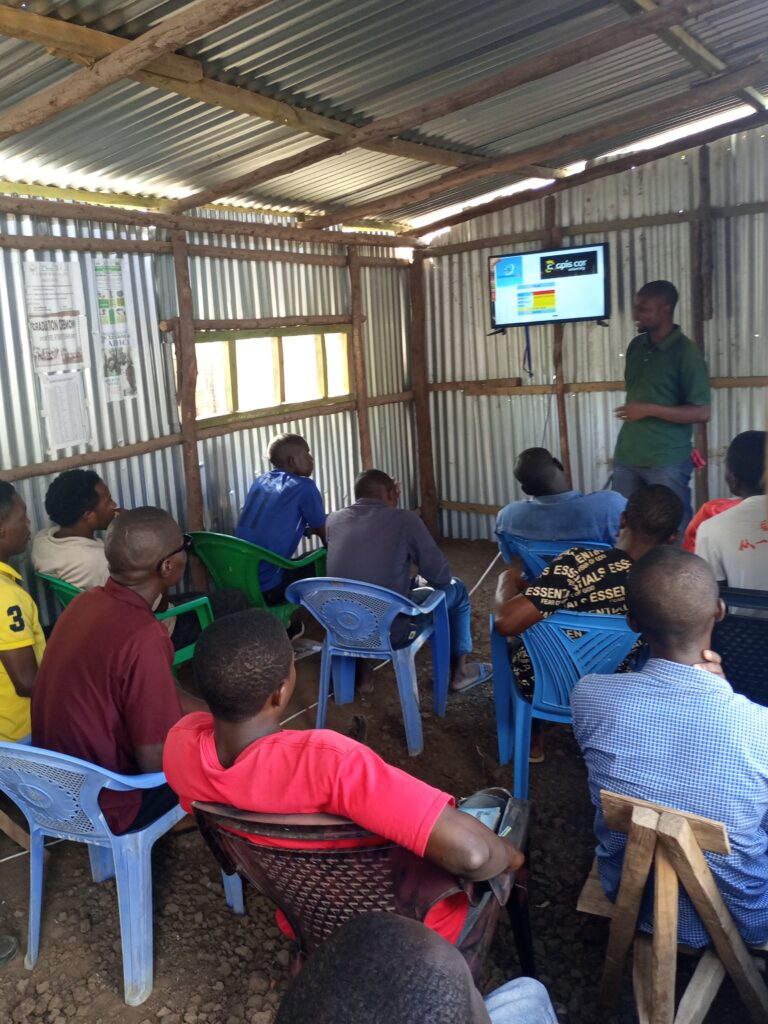
To further support artisans, Generation Aid is developing a cooperative model, allowing artisans to pool resources, access small business loans, and collectively invest in materials and equipment. This ensures that even those with limited financial means can participate and grow their businesses.
The Refugee Artisan & Handicraft Cooperative not only preserves cultural heritage but also creates sustainable jobs and economic opportunities for artisans, particularly women and youth. By giving them a platform to monetize their skills, this initiative empowers refugees to build independent and dignified livelihoods beyond humanitarian aid.
